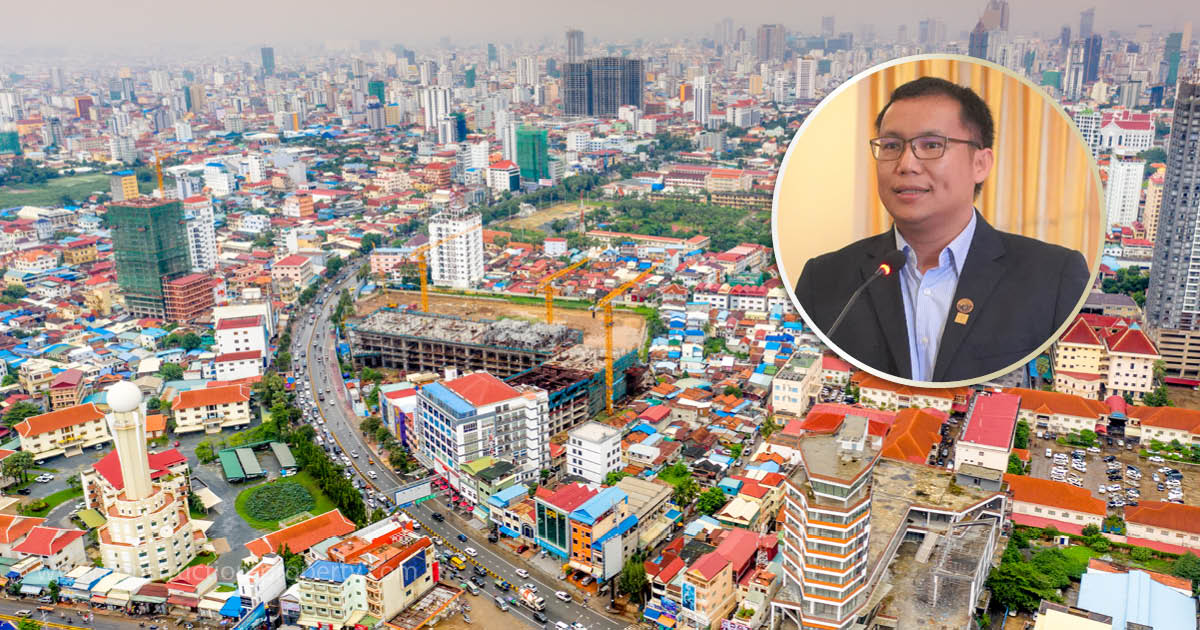Cambodian Real Estate Sector Maintains Stability Amidst Tensions in Q1 2024
The first quarter of 2024 has seen the Cambodian real estate sector maintaining a stable trajectory, with no significant shifts in tension but also no substantial new growth. According to the latest Market Insights Q1 2024 report by CBRE Research, published on 11 April 2024, the office building sector recorded an occupancy rate of 62.2%, […]
Funan Techo Canal Development: Shifting Economic Currents in Southeast Asia
The ambitious Funan Techo Canal project aims to forge a direct link between the Phnom Penh Autonomous Port and the seaport of Kep province through a monumental canal—the largest in Cambodian history. With dimensions boasting a width of 100 metres and a depth of 5.4 metres, the canal is primed to accommodate cargo ships of […]
Vietnam’s Central Bank Affirms No Interest Rate Hike in 2024
In a pivotal announcement, the State Bank of Vietnam (SBV) declared its stance on interest rates for the year 2024, affirming a commitment to maintain current policy rates. SBV Deputy Governor Dao Minh Tu addressed the Vietnam Plus during a press conference on 3 January, outlining the central bank’s strategic approach to economic support. Deputy […]
Hong Kong Economists Predict Global Economic Inflation to Remain Stagnant at 10% in 2024
As the world steps into 2024, the global economy finds itself at a crossroads, grappling with a delicate balance of risks that could shape the trajectory of the year. Schroders, in their insightful analysis on 1 February 2024, sheds light on a nuanced economic landscape, hinting at potential challenges and opportunities. Schroders underscores a notable […]
World Bank Outlines Key Reforms to Elevate Cambodia to Upper-Middle-Income Status, Government Affirms Implementation Progress
Proclaiming the government’s dedication, Prime Minister Hun Manet has said, “The government steadfastly adheres to its commitment in realizing the aspiration of becoming an upper-middle-income country by 2030 and ultimately achieving a high-income country by 2050.” His unwavering commitment was underscored during a poignant address at the Cambodia Development Resource Institute conference in November. As […]
Cambodia’s Economic Odyssey: Anticipated 6.4% Growth in 2024
The economic landscape of Cambodia is poised for robust expansion, with the National Bank of Cambodia forecasting a growth rate of approximately 6.4% in 2024. This optimistic projection, surpassing the 5.5% estimate for 2023, hinges on key sectors such as tourism, manufacturing, agriculture, and construction. In its comprehensive report on the economic and banking sector […]



 ខ្មែរ
ខ្មែរ







